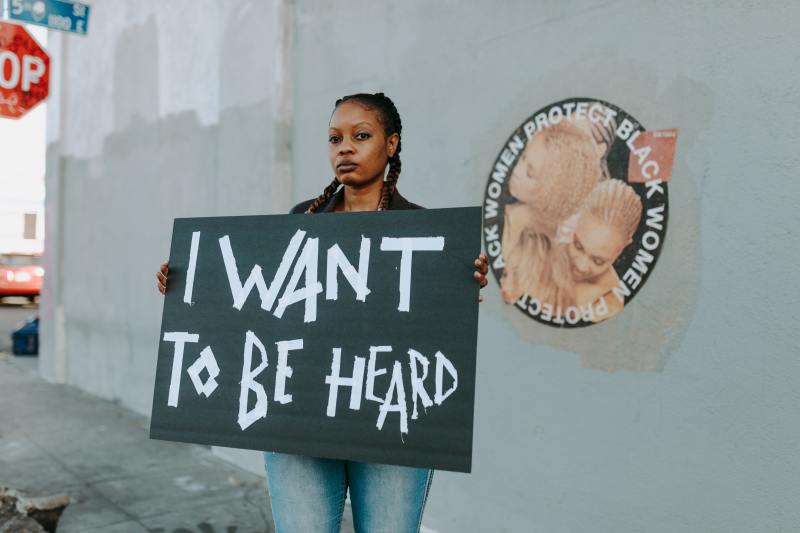
Rev. Pauli Murray was the Episcopal Church's first African American woman to be ordained as a priest. She will be honored as part of the American Women Quarters Program to be conducted by the United States Mint in 2024.
United States Mint 2024
Based on the article from The Christian Post, the press release of the U.S. Mint stated that Pauli Murray is celebrated for being an activist, poet, writer, lawyer, and Episcopal priest. She is also passionate about civil rights, battling against racial and sexual discrimination. Murray was also said to be a lesbian yet remained celibate.
In addition, other women will also be honored during the United State Mint in 2024.
Patsy Takemoto Mink
Dr. Mary Edwards Walker
Zitkala-Ša
Celia Cruz
According to the Mint director, Ventris C. Gibson, the United States Mint's 2024 American Women Quarters Program honors women who have led extraordinary lives filled with various facets and left a tremendous impression on the country. Throughout their lives, those women were innovators of change, refusing to accept the existing situation during their time on earth.
On the other hand, along with Supreme Court Justice and Episcopal Church member Thurgood Marshall and Florence Li Tim-Oi, the Episcopal Church named Murray to its calendar of saints in 2018. She was also ordained in 1994 as the first woman in the history of the Anglican Communion. The celebration of the feast day of Murray is July 1, which also happens to be the anniversary of the day she passed away in 1985.
Also Read:Groundbreaking Episcopal priest Pauli Murray to be featured on US quarters
Remembering Rev. Pauli Murray
Pauli Murray was born in Baltimore, Maryland, on November 20, 1910. She was the fourth of six children of nurse Agnes Fitzgerald and professor William Murray. After Agnes died, Murray moved to Durham, North Carolina. She lived with his aunt Pauline Fitzgerald Dame and their grandparents, Robert George Fitzgerald and Cornelia Smith Fitzgerald.
Murray moved to New York after graduating with a certificate of distinction from Hillside High School. She continued and supported her studies with different jobs and graduated from Hunter College in 1933 with a degree in English literature. Moreover, Murray changed her birth name to "Pauli." Throughout the 1930s, Murray openly questioned her gender and sex. She made numerous requests to doctors for gender-affirming medical care, such as hormone therapy and exploratory surgery, to check her reproductive organs. However, her access was denied to these types of treatments.
Murray held a teaching position at the New York City Remedial Reading Project while employed with the Works Projects Administration (WPA). Her writings and poetry were published in various magazines, such as Common Sense and The Crisis, a publication of the National Association for the Advancement of Colored People (NAACP).
She quickly became an activist and became involved in various civil rights movements. 1938 was the year that she started a campaign that included writing letters and sending letters to the media to attend graduate school at the all-white University of North Carolina. The campaign received national publicity even though she did not receive any support from NACCP. She became friends with the first lady at the time, Eleanor Roosevelt.
Murray was reportedly imprisoned in 1940 due to their civil rights movement on ending segregation on public transport. In 1941, Murray enrolled at Howard University to become a civil rights lawyer. She graduated at the top of her class in 1944. Murray continued her writings and established many vital essays and books on civil rights. She was also appointed to the Committee on Civil and Political Rights by President John F. Kennedy as part of the Presidential Commission on the Status of Women.
In 1966, Pauli Murray co-founded the National Organization for Women (NOW) with Betty Friedan and other activists. Hence, she eventually left since NOW did not address Black and working-class women's issues. On July 1, 1985, Murray died due to cancer in Pittsburgh.
Related Article:How Civil Rights Pioneer Pauli Murray's Legacy Lives on Today


















